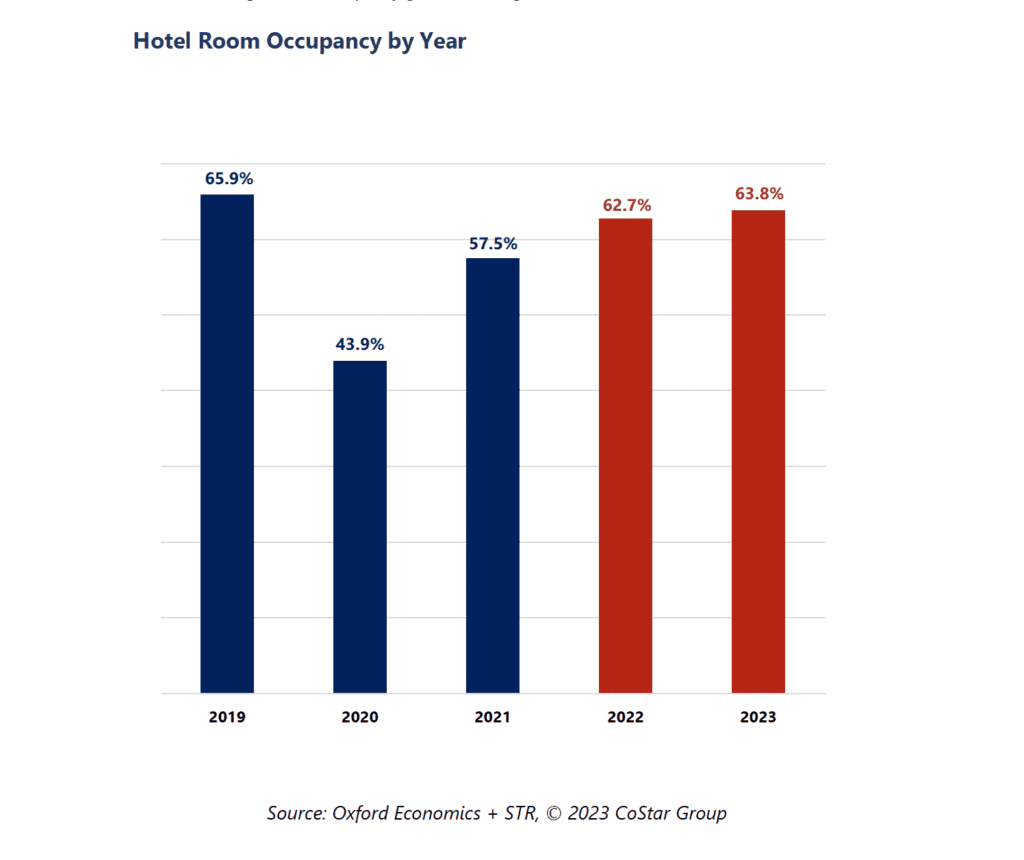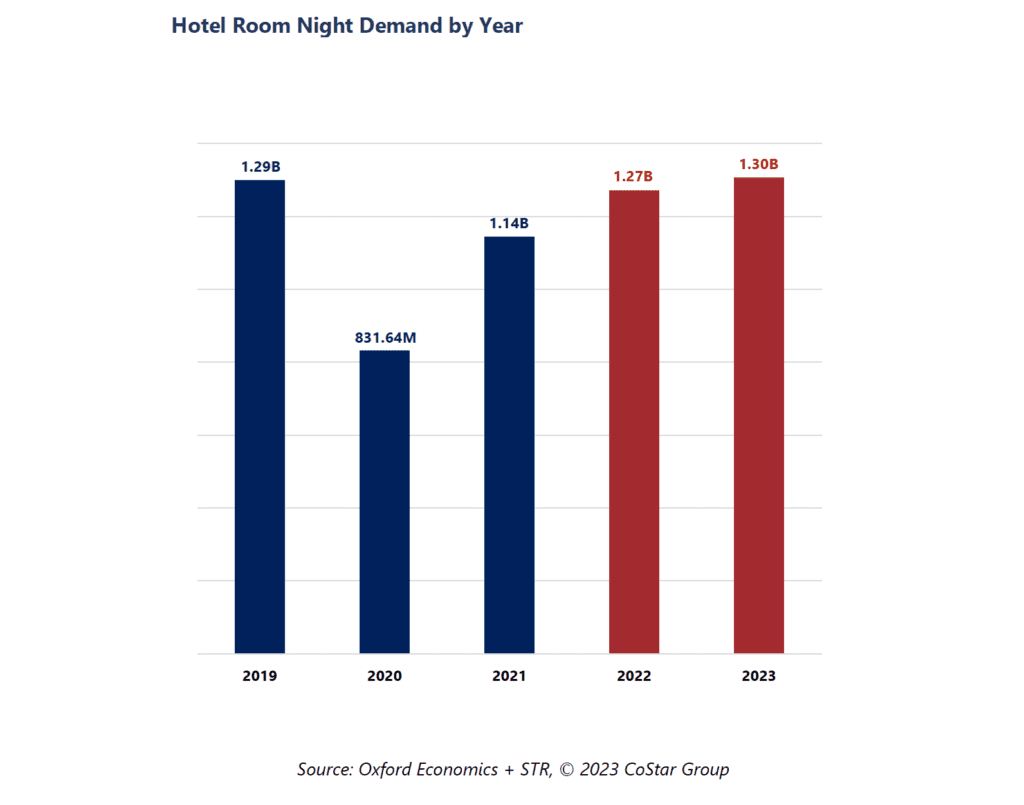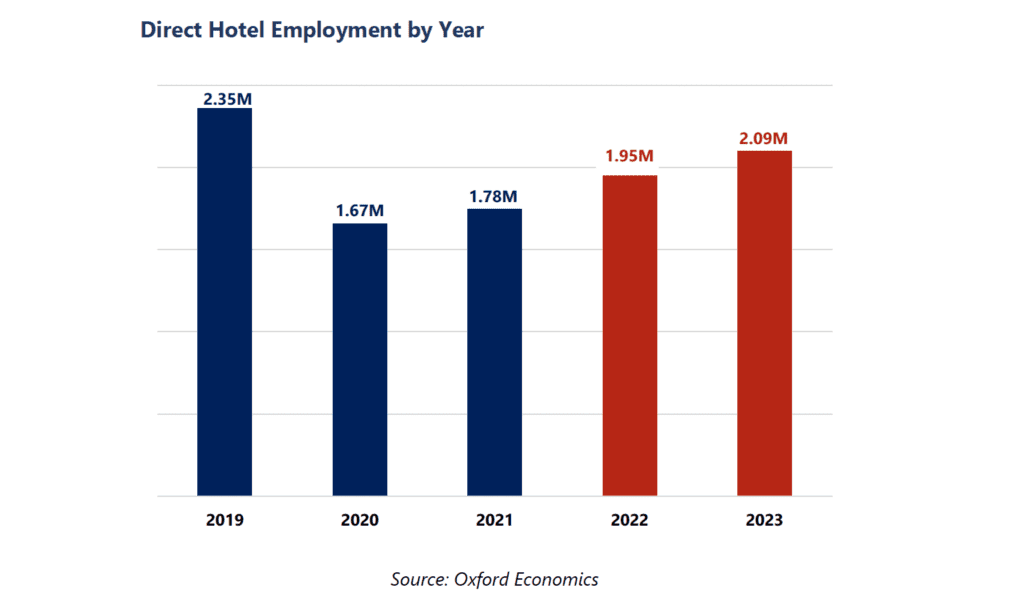Hilton reported its third-quarter earnings on Wednesday. During a call with investment bank analysts, executives were asked what role the company’s software for setting rates may play in the company’s performance.
“I’d say we have a long history of being really good at revenue management, and it is part of our special sauce,” said Kevin Jacobs, chief financial officer.
The hotel giant’s CFO didn’t name a travel technology vendor but did refer to “a vendor we work with” while praising the software. Skift knows that for some years Hilton has relied on a vendor IDeaS to help build its revenue management system.
“We have a vendor that we work with. We co-created the algorithm with them. They’ve been an amazing partner…. We’ve created the concept of the consolidated center. We drive more of our owners that sign up to be in these consolidated centers where we help them. We don’t set pricing for the vast majority of our system, right, because 75 percent of it’s franchise, and it’s ultimately up to the franchisees to set the pricing. But we can advise them on how we do it, and we’re really good at it, and it’s part of our special sauce.
“In the old days, [you would build a new system and then you let it run for a long time. [Today’s] algorithms are being tweaked constantly to add incremental data fields that used to be in revenue management in our world. The world is awash in data that are contributing to the decision-making in these algorithms and just make it smarter.”
“During COVID and the aftermath of COVID, one of the big things has not been less about [pricing] floors and more about [pricing] ceilings. And so I think we’ve been very thoughtful about that as well. So yes, it’s part of our — one of the many things that we think we — our commercial teams are second to none in the industry, not just in revenue management. But in every other regard, this is one area that we think we do a really good job.”
—Kevin Jacobs, chief financial officer of Hilton.
The executives cautioned that no one thing the company does uniquely drives its premiums. Even so, it is rare for a travel sector chief executive to talk about the importance of the technology under the hoods of their commercial engines. So this comment stood out.
CORRECTION: This post originally misattributed the executive speaking.


